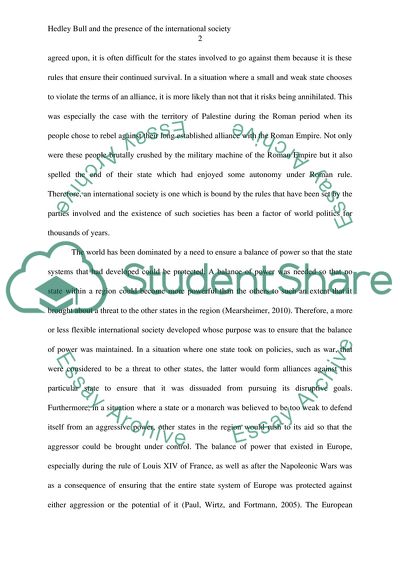Cite this document
(“Hedley Bull And the Presence of the International Society Essay”, n.d.)
Retrieved from https://studentshare.org/social-science/1673742-hedley-bull-and-the-presence-of-the-international-society
Retrieved from https://studentshare.org/social-science/1673742-hedley-bull-and-the-presence-of-the-international-society
(Hedley Bull And the Presence of the International Society Essay)
https://studentshare.org/social-science/1673742-hedley-bull-and-the-presence-of-the-international-society.
https://studentshare.org/social-science/1673742-hedley-bull-and-the-presence-of-the-international-society.
“Hedley Bull And the Presence of the International Society Essay”, n.d. https://studentshare.org/social-science/1673742-hedley-bull-and-the-presence-of-the-international-society.


